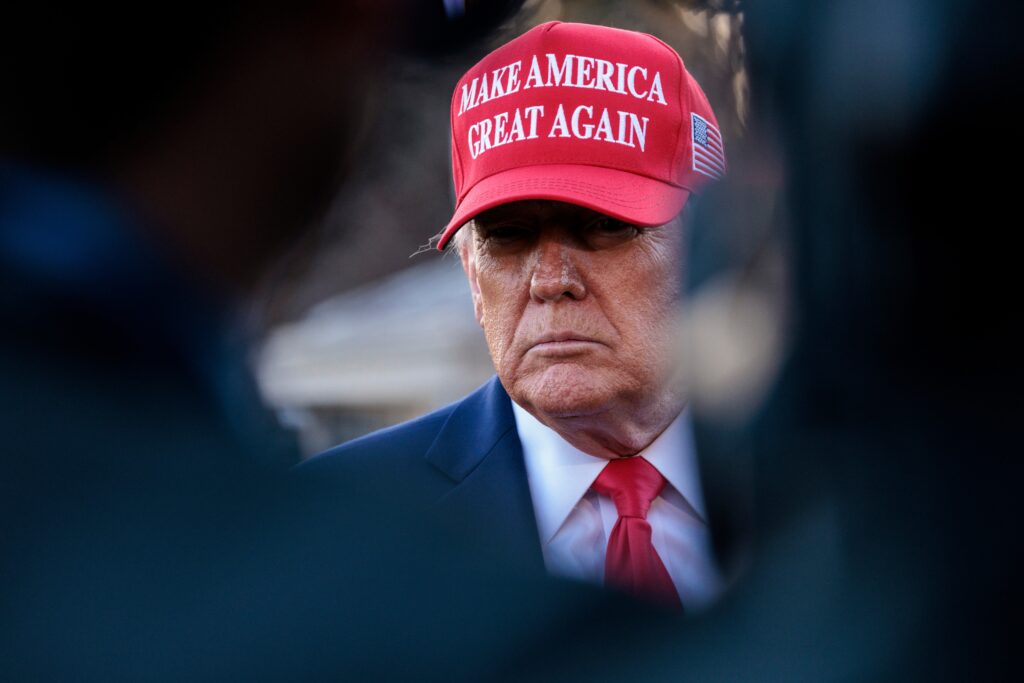Donald Trump has asked the US Supreme Court to rescue his tariff policy. He wants the justices to overturn a ruling that declared his sweeping trade duties unlawful.
Fight over presidential authority
The administration filed its petition on Wednesday night. It calls for a fast decision on whether a president may impose tariffs without Congress. Last week, the Federal Circuit Court of Appeals ruled 7-4 against Trump. Judges said that only Congress holds the power to set import duties.
Billions in revenue at risk
The case could dismantle Trump’s economic and foreign policy goals. It may also force the US to return billions in tariffs already collected. Trump relied on the International Emergency Economic Powers Act to justify his actions. The law allows presidential action against “unusual and extraordinary” threats. In April, he declared an economic emergency, warning that trade imbalances hurt US industry and endangered national security.
Enforcement postponed for appeal
Despite ruling against Trump, the appeals court delayed the effect of its decision. That gave his team time to appeal. “The stakes in this case could not be higher,” Solicitor General John Sauer wrote in Wednesday’s filing. He argued the ruling disrupted trade talks and created legal doubt. He warned it weakened the president’s ability to prevent a major economic and foreign policy crisis.
Small businesses press their case
Small businesses leading the lawsuits say the tariffs threaten their survival. Their lawyers voiced confidence. “These unlawful duties are harming small companies,” said Jeffrey Schwab of the Liberty Justice Center. “We look forward to a quick resolution for our clients.” If the Supreme Court declines to take the case, the ruling becomes effective on October 14.
Earlier legal defeats for Trump
In May, the Court of International Trade in New York struck down the tariffs as well. That decision was paused during the appeals process. The lawsuits came from small companies and a group of states. In April, Trump had signed executive orders imposing a 10 percent base tariff and “reciprocal” tariffs on more than 90 nations.
Global consequences
The appeals court also blocked tariffs on Canada, Mexico, and China. Trump insisted they were necessary to combat drug imports. Other duties, including those on steel and aluminum, remain valid. They rely on a separate presidential authority.


